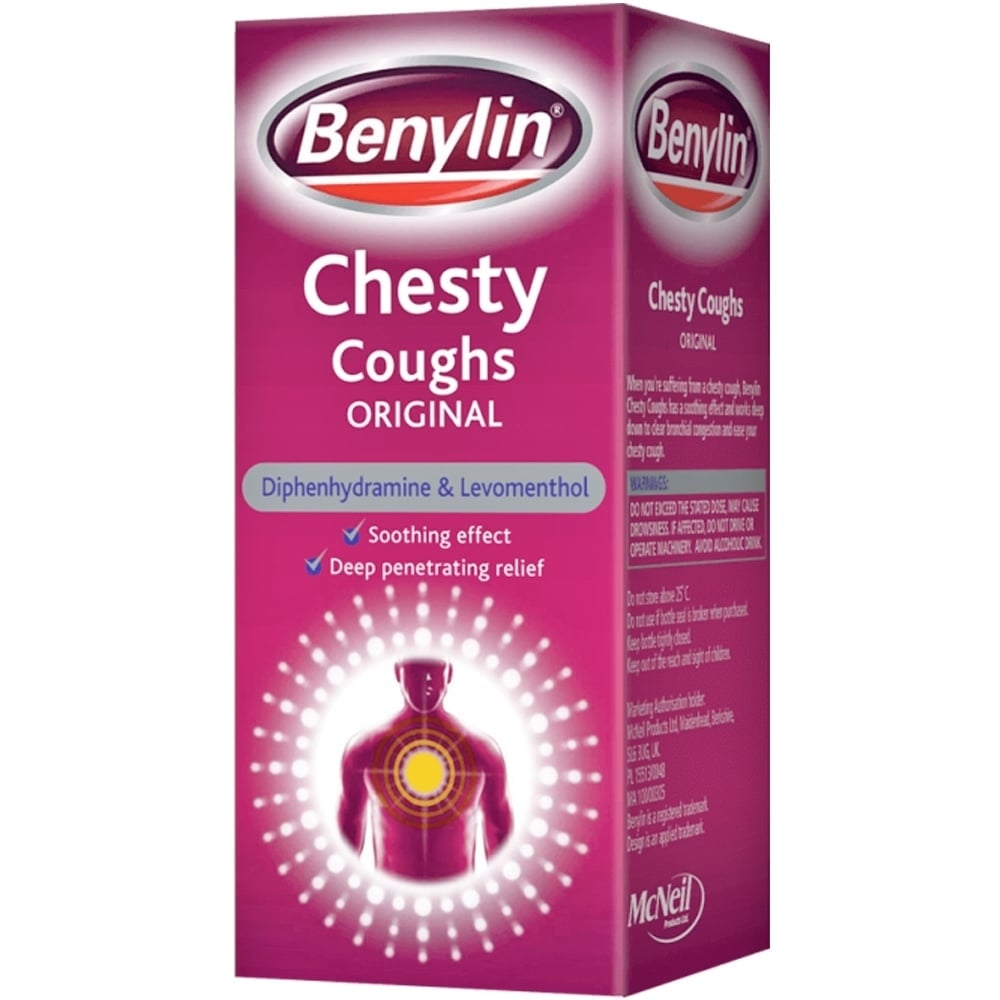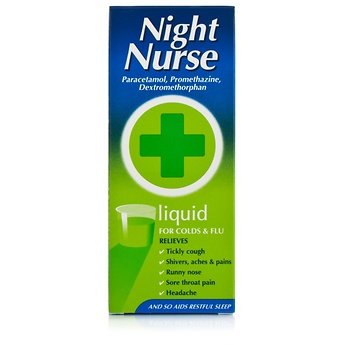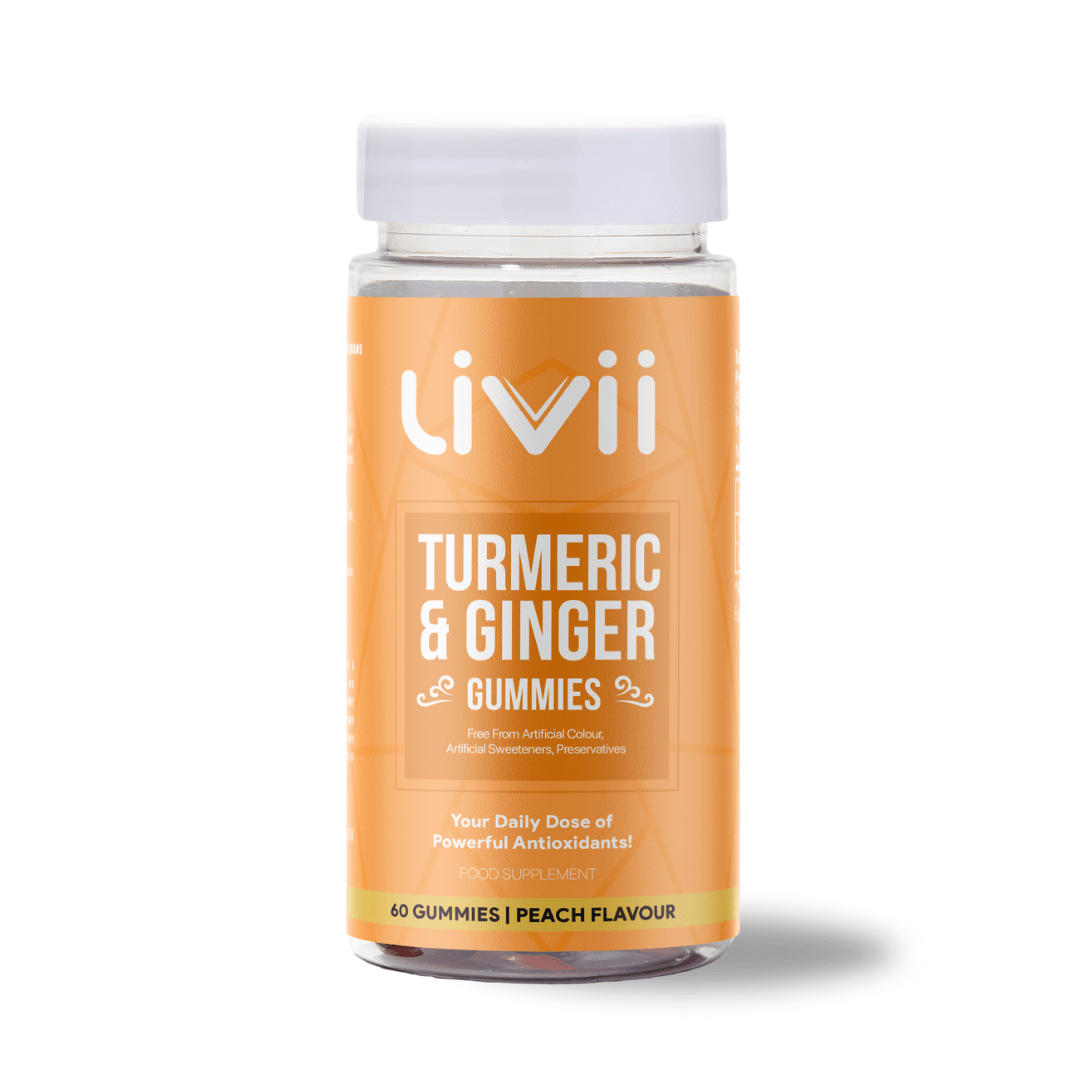Our emotional well-being plays a significant role in our overall quality of life. While mood fluctuations are a natural part of the human experience, sometimes they can become overwhelming or persistent, impacting our daily functioning but mood boosting supplements can help with this. Alongside lifestyle changes and professional guidance, certain supplements have gained attention for their potential role in supporting mood regulation. Understanding these supplements and their impact can offer valuable insights into managing and enhancing our emotional health.
What are the top mood boosting supplements?
Omega-3 Fatty Acids
Omega-3 fatty acids, particularly EPA (eicosapentaenoic acid) and DHA (docosahexaenoic acid), are renowned for their role in brain health. Found abundantly in fatty fish like salmon, mackerel, and sardines, as well as in flaxseeds and walnuts, these fatty acids contribute to healthy brain function. Research suggests that Omega-3 supplements may help alleviate symptoms of depression and anxiety, potentially due to their anti-inflammatory properties and impact on neurotransmitter function.
Vitamin D
Often referred to as the “sunshine vitamin,” Vitamin D plays a crucial role in mood regulation. Low levels of Vitamin D have been associated with an increased risk of depression and mood disorders. While sunlight exposure remains a primary source, especially during darker months or in regions with limited sunlight, Vitamin D supplements might be beneficial for those with deficiencies or inadequate sun exposure.
B Vitamins
B vitamins, including B6, B9 (folate), and B12, are essential for neurotransmitter synthesis and regulation. Low levels of B vitamins have been linked to depressive symptoms. Folate, in particular, plays a significant role in serotonin regulation. Supplementation with B-complex vitamins may be considered, especially for individuals with deficiencies or those experiencing mood disturbances.
Saffron
Saffron, a spice derived from the Crocus sativus flower, has shown promise in improving mood. Research suggests that saffron may have antidepressant effects comparable to some conventional antidepressant medications. Its mechanism of action is believed to involve the modulation of neurotransmitters like serotonin and dopamine.
Probiotics
The gut-brain connection is a growing area of interest in mental health. Probiotics, beneficial bacteria that support gut health, may positively influence mood by enhancing the gut microbiome. Studies suggest a link between gut health and mental health, with probiotics potentially exerting anti-anxiety and antidepressant effects.
Magnesium
Magnesium is an essential mineral involved in various biochemical reactions in the body, including those related to mood regulation. Low magnesium levels have been associated with symptoms of depression and anxiety. While magnesium is naturally found in foods like nuts, seeds, and leafy greens, supplementation may be beneficial for those with deficiencies or increased needs.
5-HTP (5-Hydroxytryptophan)
5-HTP is a compound produced from the amino acid tryptophan, which is a precursor to serotonin, a neurotransmitter linked to mood regulation. Some studies suggest that 5-HTP supplements may help increase serotonin levels, potentially improving mood. However, its use should be approached cautiously and under professional guidance due to potential interactions and individual variations.
Ashwagandha
Ashwagandha, an adaptogenic herb, has been traditionally used in Ayurvedic medicine to reduce stress and anxiety. Research indicates that ashwagandha may help lower cortisol levels (the stress hormone) and promote a sense of calmness, contributing to improved mood and well-being.
L-Theanine
Found in green tea, L-theanine is an amino acid known for its calming effects. It may enhance alpha brain waves, inducing a relaxed but alert mental state. L-theanine supplements might be beneficial for individuals seeking stress relief and improved mood.
It’s essential to note that while supplements can be supportive, they are not a replacement for professional mental health care. Consulting a healthcare provider or a qualified mental health professional is crucial before initiating any supplement regimen, especially if you have underlying health conditions, are pregnant, or are taking medications.
In conclusion, supplements play a complementary role in mood regulation alongside lifestyle modifications and professional guidance. By understanding the potential benefits and limitations of these supplements, individuals can make informed decisions to support their emotional well-being and overall mental health. Integrating these supplements into a holistic approach may contribute positively to managing mood and promoting a healthier, more balanced emotional state.
________
Disclaimer: Health articles on medical conditions are for information only and do not form a basis for diagnosis. We recommend that if you have any concerns, speak to your doctor or pharmacist for further help and guidance.









